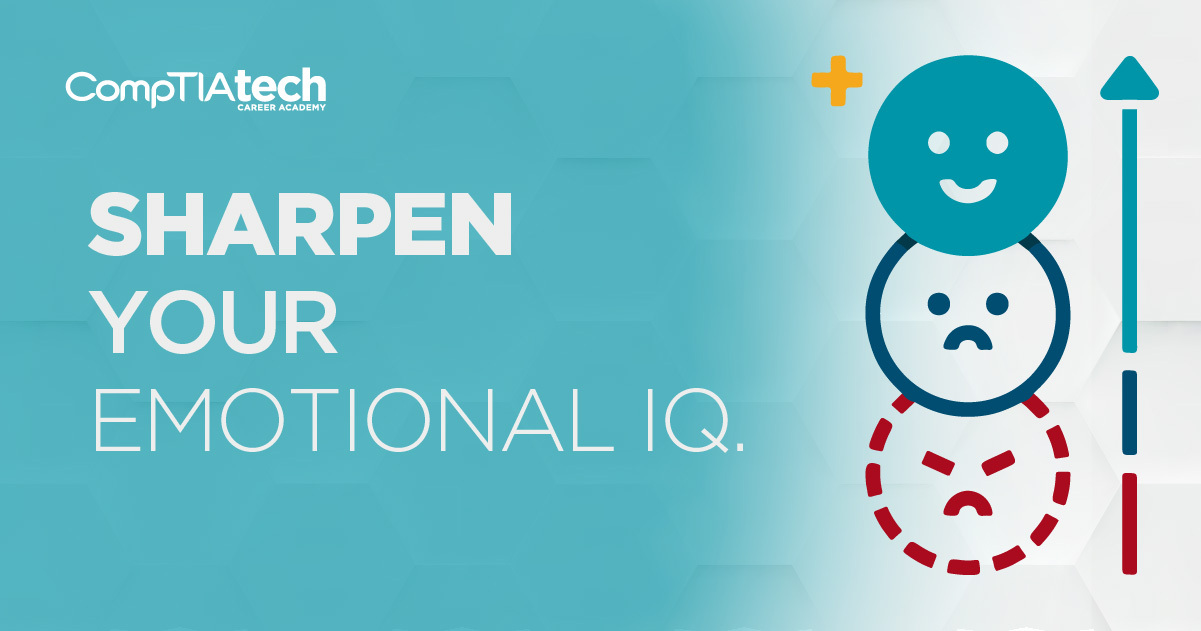 Before the pandemic caused massive job losses outside of the tech market, people rumbled that Artificial intelligence (AI), Machine Learning (ML) and automation would spell the end of numerous jobs. However, a 2017 study by Gartner Inc. says that those forces should create more jobs than they eliminate.
Before the pandemic caused massive job losses outside of the tech market, people rumbled that Artificial intelligence (AI), Machine Learning (ML) and automation would spell the end of numerous jobs. However, a 2017 study by Gartner Inc. says that those forces should create more jobs than they eliminate.
Gartner estimated that AI, ML and automation could eliminate 1.8 million jobs — but also could create another 2.3 million jobs for the people capable of doing what technology cannot: Being human.
To succeed in this new work environment, people must bring distinctly human higher-thinking skills to their roles as technologists.
These skills include:
- Strategic thinking — deliberately planning and executing in order to achieve a goal.
- Curiosity and problem-solving ability — viewing challenges as opportunities to craft solutions and better the overall organization.
- Understanding technology within a constructive context; that its value comes from benefitting or helping people.
- Understanding that technology is about people — not hardware or software, and
- Emotional intelligence that includes respect, cooperation and collaboration.
As technology becomes more nuanced and intuitive — indeed, more human-like — technology requires the people who imagine it, design it, program it, use it and maintain it to work in ways that are more human-like, too. Certain work skills will be more necessary than ever.
Whatever we label these critical skills of working and playing well with others — people skills, life skills, emotional intelligence, soft professional skills — companies need employees adept in these skills, now more than ever.
Tara Chklovski, founder and CEO of Technovation, reiterated this point in a column she wrote for Quartz, saying, “…the engineers of tomorrow will need to do much more than write code. They will need to do the messy work of navigating uncertainty, solving problems collaboratively, and anticipating the implications of launching a technology product into the world.”
Tech Companies Need More Well-Rounded Technologists
The hard skills we’ve historically emphasized in the tech industry aren’t necessarily aligned with the soft skills or emotional IQ we need moving forward.
For too long, we in the IT industry have valued technical know-how over emotional intelligence. And in doing so, we have inadvertently crafted a false narrative about who a technologist is and what a technologist does.
That narrative says the ideal technologist is a white male — a quiet loner focused on resolving a tactical punch list; a math and science nerd who clocks in and clocks out with minimum interaction with peers.
This narrative simply does not reflect the reality of today’s tech workforce.
Not only is this narrative untrue, I believe it has been tremendously detrimental to our industry’s brand appeal as a career path for tomorrow’s job seekers — most especially to women, people of color, and military veterans, who don't see a place in this erroneous narrative for them. When in actuality, the IT industry is a great fit for women, people of color and military veterans.
In the case of former military personnel, they already possess the emotional intelligence our industry desires and values — such as teamwork, decisiveness, critical thinking, initiative and problem solving. Veterans know how to work successfully within formal operational structures, but they can adapt quickly when workplace dynamics change. And they’re loyal, a character trait our often competitive and highly transient industry could use.
Ironically enough, by emphasizing technical know-how in the IT industry as much as we have historically, we unintentionally marginalized the very emotional intelligence skills technology needs to move forward.
Emotional Skills Tech Workers Need to Succeed
Some tech workers and executives already appreciate the value of emotional intelligence. When Deloitte Global surveyed young workers for its 2018 Millennial Survey, respondents said the top four skills needed to ensure long-term success were interpersonal skills, confidence/motivation, ethics/integrity and critical thinking skills.
Bert Nappier, president of FedEx Express Europe and CEO of TNT, readily agrees, as he said in the Deloitte study, Success Personified in the Fourth Industrial Revolution: “Robotics and automation will create even more demand for service-oriented employment, meaning the softer skills — such as adaptability, communication, agility, intelligence and judgment — will be important for future generations.”
Just as with any physical skill, building an emotional skill requires deliberate planning and training. Successful marathoners don’t just wake up one day and run 26 miles without preparation. They train for their marathon by making running a priority.
There are plenty of ways to exercise and build your emotional intelligence. Here are a few suggestions:
- CompTIA’s website offers tips and tricks here and here. You also can take CompTIA’s free online quiz to see how well your current skills would transfer to a tech career.
- The jobs website, Glassdoor, offers a number of tutorials, accessible here.
- If you’d like real-life, in-person training, Toastmasters International has helped people build better communication, presentation and leadership skills since 1924. The organization has more than 350,000 members in more than 16,000 clubs worldwide.
- The website, WikiHow, provides a tutorial on ways to improve interpersonal interactions.
As technology becomes more service-focused and less product-focused, the IT industry will need emotionally intelligent people to create, design and execute tomorrow’s advances — emotionally intelligent people who not only work well with others, but who actually lift their teams to greater potentials and higher payoffs.
Whether your soft skills are a little rough around the edges or finely honed, every one of us has the potential to grow our emotional intelligence more and apply those strengths to benefit our communities and organizations.

